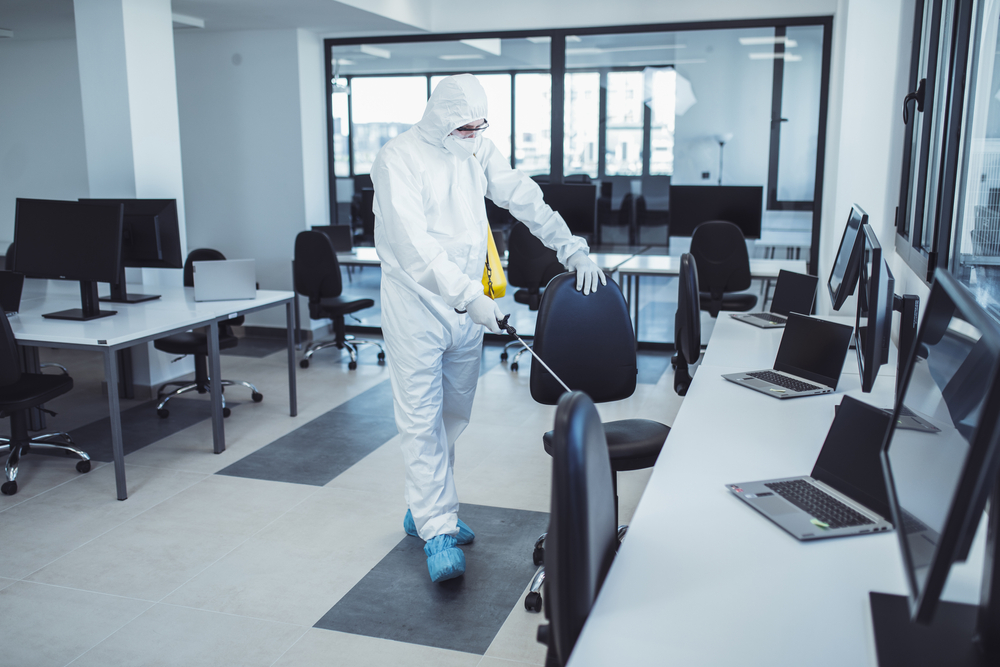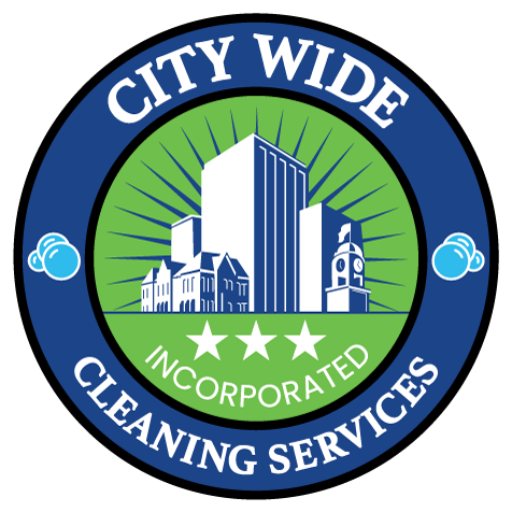
Cleaning services are essential for maintaining healthy, organized, and welcoming spaces, whether at home or in the workplace. However, residential and commercial cleaning services are not one-size-fits-all. Each serves distinct environments with specific requirements and challenges.
Understanding the differences between residential and commercial cleaning services is crucial when selecting the right option for your needs. This article will explore the key distinctions, helping you make an informed decision.
1. Scope of Cleaning
Residential Cleaning
Residential cleaning focuses on smaller spaces, such as apartments, houses, and condos. The primary goal is to create a comfortable and tidy living environment for individuals and families. Typical tasks include:
- Dusting and vacuuming.
- Cleaning kitchens and bathrooms.
- Mopping floors and wiping surfaces.
- Laundry and organization upon request.
Commercial Cleaning
Commercial cleaning services, on the other hand, cater to larger-scale environments like offices, retail spaces, schools, and hospitals. These spaces often require specialized cleaning tailored to business operations, such as:
- Cleaning communal areas and restrooms.
- Sanitizing high-traffic zones.
- Cleaning desks, meeting rooms, and breakrooms.
- Industrial-grade carpet cleaning and floor care.
2. Frequency of Service
Residential Cleaning
Homeowners typically schedule residential cleaning on a weekly, bi-weekly, or monthly basis, depending on their lifestyle and needs. The service is flexible and can be tailored to specific cleaning preferences.
Commercial Cleaning
Commercial cleaning is often performed daily or several times a week to ensure a professional appearance and a hygienic environment. Consistent cleaning is critical for industries like healthcare, retail, and hospitality, where cleanliness impacts reputation and safety.
3. Specialized Equipment and Products
Residential Cleaning
Residential cleaners use household cleaning tools and supplies. Products are generally gentler and eco-friendly to ensure a safe environment for residents, pets, and children.
Commercial Cleaning
Commercial cleaners use industrial-grade equipment and products designed for heavy-duty cleaning. For example:
- High-powered vacuum systems for large areas.
- Industrial floor buffers and scrubbers.
- Specialized chemicals for sanitization and disinfection.
- HEPA-filter systems to maintain air quality in office buildings.
4. Health and Safety Regulations
Residential Cleaning
While safety is always a priority, residential cleaning services are less regulated than commercial services. The focus is primarily on using safe, non-toxic cleaning agents suitable for living spaces.
Commercial Cleaning
Commercial cleaning must adhere to strict health and safety guidelines, especially in industries like healthcare and food service. Compliance with OSHA standards, waste disposal protocols, and industry-specific regulations is a critical part of commercial cleaning.
5. Staffing and Training
Residential Cleaning
Residential cleaning teams are typically smaller, often consisting of one or two cleaners. They are trained in general housekeeping tasks and often build personal relationships with clients.
Commercial Cleaning
Commercial cleaning requires larger teams capable of managing extensive cleaning tasks. Team members are trained in specialized techniques, equipment handling, and safety procedures, ensuring efficiency and compliance with industry standards.
6. Flexibility and Customization
Residential Cleaning
Residential cleaning is highly customizable, as homeowners can request specific tasks based on their preferences and schedule. For instance, a cleaner may focus only on deep-cleaning the kitchen or tidying up living spaces.
Commercial Cleaning
While commercial cleaning services are also customizable, the approach is more systematic, focusing on ensuring all areas of the business are cleaned consistently. Cleaning schedules are often set outside regular business hours to avoid disrupting operations.
7. Cost Structure
Residential Cleaning
Residential cleaning is usually charged on a per-hour basis or a flat rate per visit, depending on the size of the home and the scope of work.
Commercial Cleaning
Commercial cleaning is typically priced based on the size of the property, frequency of service, and specific requirements. Contracts are often negotiated to provide consistent service over time.
8. Environmental Considerations
Residential Cleaning
Eco-friendly practices are becoming increasingly popular in residential cleaning, with many homeowners requesting green cleaning products to minimize environmental impact.
Commercial Cleaning
Commercial cleaning also embraces sustainability, particularly in industries aiming to meet corporate social responsibility goals. Services may include recycling programs, water-saving techniques, and eco-friendly cleaning agents.
How We Can Help
At City Wide Cleaning, we understand the unique needs of both residential and commercial spaces. Whether you need a sparkling clean home or a sanitized office, we have the expertise, equipment, and team to deliver exceptional results.
We offer:
- Tailored Services: Customized cleaning plans to suit your specific requirements.
- Experienced Teams: Trained professionals who understand the nuances of residential and commercial cleaning.
- Advanced Equipment: Cutting-edge tools and products for efficient, eco-friendly cleaning.
- Flexible Scheduling: Cleaning services that fit your schedule without disrupting your day.
With our comprehensive cleaning services, you can enjoy a healthier, more organized space, no matter the setting. Contact City Wide Cleaning today to discuss your cleaning needs and schedule a consultation.
By understanding the differences between residential and commercial cleaning, you can choose the right service for your space. Let us help you maintain cleanliness, health, and comfort wherever you need it most.
